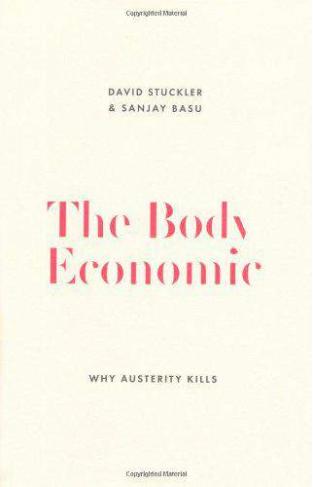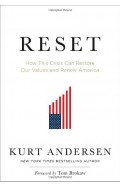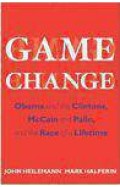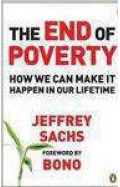The Body Economic: Eight experiments in economic recovery from Iceland to Greece
By: David Stuckler
-
Rs 1,695.75
- Rs 1,995.00
- 15%
You save Rs 299.25.
Due to constant currency fluctuation, prices are subject to change with or without notice.
| Book | |
| What's in the Box? | 1 x The Body Economic: Eight experiments in economic recovery from Iceland to Greece |
The Body Economic: Eight experiments in economic recovery from Iceland to Greece
By: David Stuckler
Rs 1,695.75 Rs 1,995.00 Ex Tax :Rs 1,695.75
Zubin Mehta: A Musical Journey (An Authorized Biography)
By: VOID - Bakhtiar K. Dadabhoy
Rs 892.50 Rs 1,050.00 Ex Tax :Rs 892.50
All Out War: The Full Story of How Brexit Sank Britain’s Political Class
By: Tim Shipman
Rs 2,696.25 Rs 3,595.00 Ex Tax :Rs 2,696.25
A Higher Loyalty: Truth, Lies, and Leadership
By: James Comey
Rs 1,247.50 Rs 2,495.00 Ex Tax :Rs 1,247.50
The Revenge of Geography What the Map Tells Us about Coming Conflicts and the Battle Against Fate
By: Robert D. Kaplan
Rs 3,865.50 Rs 4,295.00 Ex Tax :Rs 3,865.50
The Origins of Political Order From Prehuman Times to the French RevolutioN
By: Francis Fukuyama
Rs 4,045.50 Rs 4,495.00 Ex Tax :Rs 4,045.50
Reset: How This Crisis Can Restore Our Values and Renew America
By: Kurt Andersen
Rs 450.00 Rs 500.00 Ex Tax :Rs 450.00
How To Win A Cosmic War God Globalization And The End Of War
By: Reza Aslan
Rs 625.50 Rs 695.00 Ex Tax :Rs 625.50
Game Change Obama And The Clintons McCain And Palin And The Race Of A Lifetime
By: John Heilemann
Rs 715.50 Rs 795.00 Ex Tax :Rs 715.50
Made to Stick: Why Some Ideas Take Hold and Others Come Unstuck
By: Chip Heath & Dan Heath
Rs 2,695.50 Rs 2,995.00 Ex Tax :Rs 2,695.50
All Out War: The Full Story of How Brexit Sank Britain’s Political Class
By: Tim Shipman
Rs 2,696.25 Rs 3,595.00 Ex Tax :Rs 2,696.25
A Higher Loyalty: Truth, Lies, and Leadership
By: James Comey
Rs 1,247.50 Rs 2,495.00 Ex Tax :Rs 1,247.50
The Revenge of Geography What the Map Tells Us about Coming Conflicts and the Battle Against Fate
By: Robert D. Kaplan
Rs 3,865.50 Rs 4,295.00 Ex Tax :Rs 3,865.50
No recently viewed books available at the moment.
Zubin Mehta: A Musical Journey (An Authorized Biography)
By: VOID - Bakhtiar K. Dadabhoy
Rs 892.50 Rs 1,050.00 Ex Tax :Rs 892.50
The Body Economic: Eight experiments in economic recovery from Iceland to Greece
By: David Stuckler
Rs 1,695.75 Rs 1,995.00 Ex Tax :Rs 1,695.75
All Out War: The Full Story of How Brexit Sank Britain’s Political Class
By: Tim Shipman
Rs 2,696.25 Rs 3,595.00 Ex Tax :Rs 2,696.25
A Higher Loyalty: Truth, Lies, and Leadership
By: James Comey
Rs 1,247.50 Rs 2,495.00 Ex Tax :Rs 1,247.50
The Revenge of Geography What the Map Tells Us about Coming Conflicts and the Battle Against Fate
By: Robert D. Kaplan
Rs 3,865.50 Rs 4,295.00 Ex Tax :Rs 3,865.50














-120x187.jpg?q6)







-120x187.jpg?q6)

-120x187.jpg?q6)







